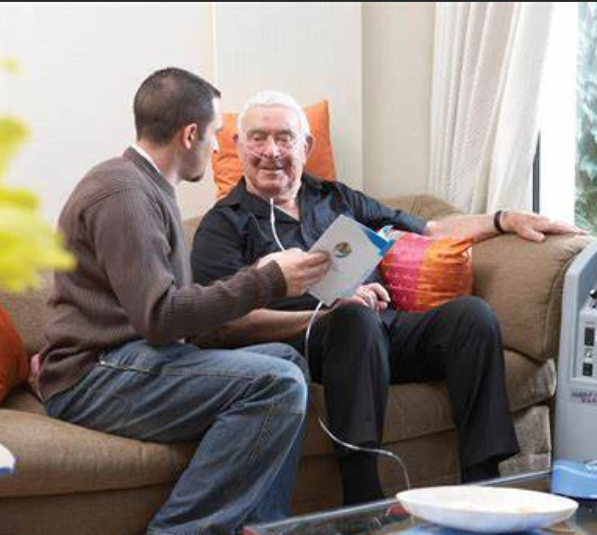This can be a vast subject. There are so many different situations for "caregiver" and thus it is difficult to be general. Please know that we can chat any time for your specific situation. That said, depending on if you have been involved from the diagnosis start, or if you are coming in (like I did) after that ball was rolling and had to catch up, it is A LOT either way.
You feel the need to "do" everything you can to make the patient/family member feel better. Often tiring yourself out (and in some ways to the detriment of the patient). Remember, they need to exercise too! So doing simple house chores like getting their own lunch is good to keep their muscles from atrophying. I tried to do "everything" so that my mom could rest and found out from the Phys. Therapist and Occupational Therapist that I was actually not helping her.
You also need to take care of you! You can't help someone else if you run yourself into the ground. Coming from the stubborn one here... I was working full time, monitoring and giving out all the meds, care, cleaning the house, maintaining the properly, engage with 3 kids, all while making homecooked meals (to control the sodium). I think you get the picture. Add in that I would get woken up in the middle of the night because the Bi-Pap would sound for a leak, it became clear that I HAD to get relief. then, later as my mom had more needs, we ultimately had a friend come keep an eye on her during the day while I was at work so that I didn't come home to a huge scare (which did happen twice). It CAN be done, you just need to find a way to share the load, whether it is other family members, neighbors, check community services - often they can deliver meals and you can often set up scheduled police check ins/wellness checks in some areas, through to hired help a few hours, cleaning or whatever.
Getting up to speed is also knowing the meds, when they are due (keep a chart). Also prepare a list of meds, doses and when they are given so that in the event of a call to 911 you can just hand over a copy to the EMTs. It cuts down on their questions and gets the attention on the patient/family member. This is also important as your adrenaline will be pumping and it is hard to get all of this together when you need it. So have it ready that way you won't have to worry about what you are forgetting.
Be prepared with stats when you go to the Dr. checkups. Meds to confirm doses (especially with cardiologists, pulmonologists, GPs, etc all prescribing drugs). So having that copy of the meds, doses, and times of day will help. Keep a notebook of Bp, heart rate, O2 saturation and weight every day. Take that in to apts as well.
If you haven't done it already, notify the power company that the house/apt location has someone on supplemental oxygen so that they have higher priority for power outages to get power restored.
Myotape is such a great product for face masks or napping in general. Be it C-pap/Bi-Pap, nasal masks or face masks. I can help you find them if you have trouble, but simply put, it goes over their mouth and in a way "encourages" nasal breathing. They can still breath out of their mouth, but it prevents the mouth from "dropping open" which often is an issue with C-Pap/Bi-Pap masks causing leaks in the middle of the night or when napping during the day with a nasal cannula. It just promotes better oxygen supply which ensures more consistent O2 saturation during sleep and naps.
I am planning on making a "planner" to monitor and track/keep all of this information. I believe there are some on the market but more for cardiac or dietary goals. Let me know how I can help if you have questions.

